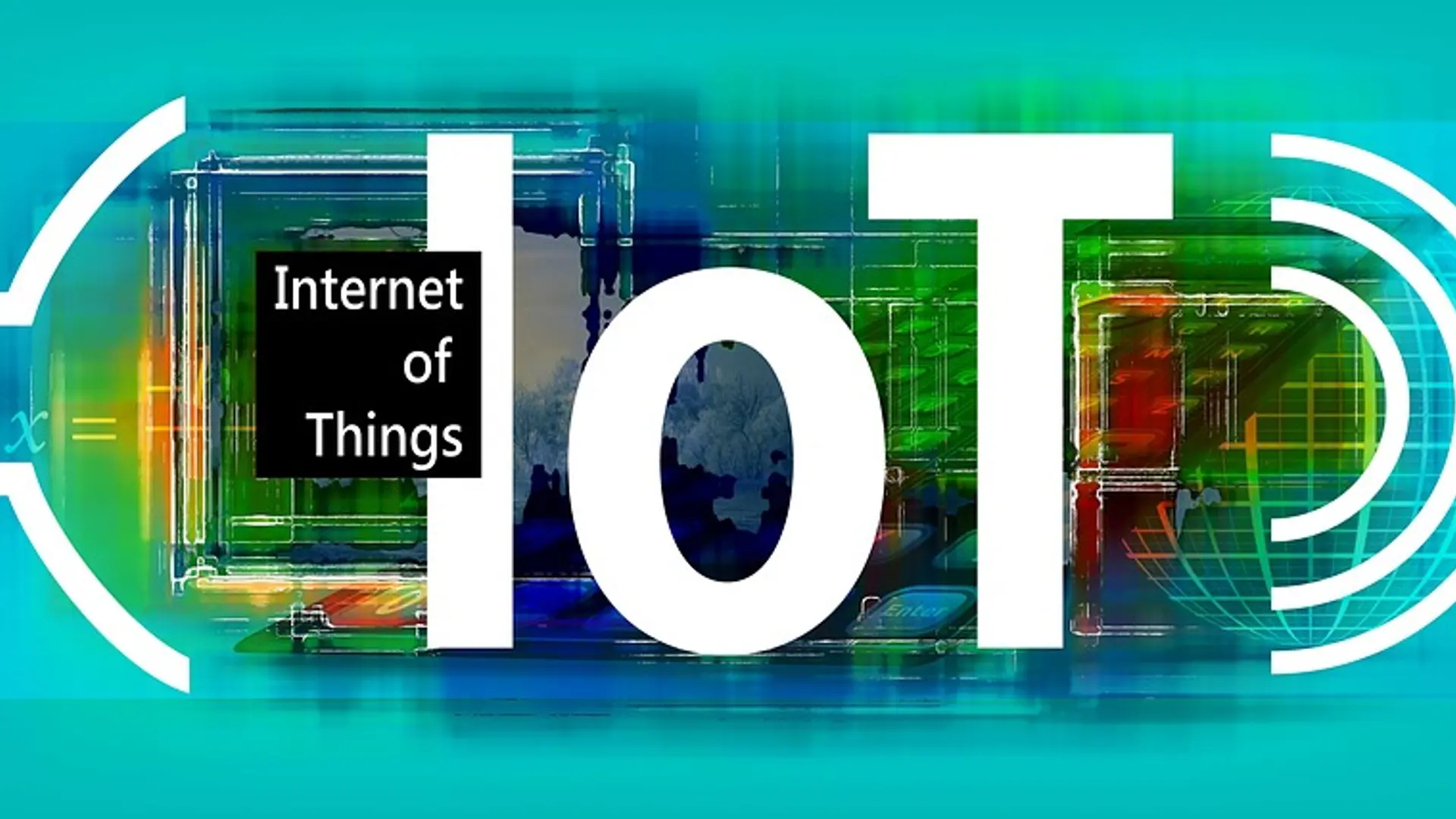'Next Big Thing' - inside an IoT company builder
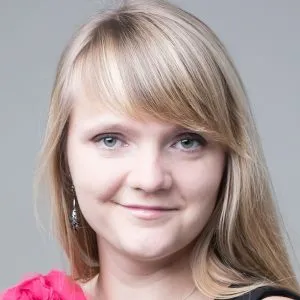
In November 2016, the German Government launched the Digital Hub Initiative to create an industry cluster and to develop innovation hubs for selected cities and regions.
A side effect: The hubs provide orientation for serial entrepreneurs and job seekers from abroad. Since Berlin particularly attracts founders from the IoT and fintech scene, the German capital became a dedicated hub for “Internet of Things” – short IoT. The business platform The Factory, the Berlin Center for Digital Transformation as well as the company builders Finleap and Next Big Thing have been selected to shape the hub.
We spoke with Darina Onoprienko, Program Manager at Next Big Thing, short NBT, about IoT and the initiative.
YS: Darina, tell us about yourself and what you do?
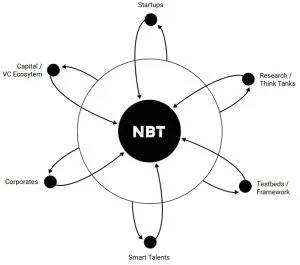
Darina: My name is Darina Onoprienko and I am originally Russian. I came to Germany three years ago to do my masters. During my studies, I did a research on business modelling - and that’s exactly what I am doing now at NBT. I am product manager and my main goal is to help startups develop their business models as fast as possible to prove that the business case works.
YS: What does NBT do?
Darina: NBT means 'next big thing' – and that’s literally what we do. NBT is an IT company builder, we build ventures in the IT space. We provide an entire framework starting from the idea to how to go to the market. We have founders or entrepreneurs who either bring in an idea or are passionate about certain topics, and we help them develop these ideas further. Our industry partners bring their knowledge, industry insights and of course customer groups in, so we can cater existing customers. At NBT, we are technology providers and the drivers behind the whole company building process. We focus on new ventures in machine learning and block chain.
Darina: If you look at Industry 4.0, there are a lot of manufacturing processes which can be optimized. Germany is basically the “Face of industry 4.0”. But we are not there yet . Right now, Germany is mainly focusing on transportation, energy, health and smart building. In these sectors alone there is a huge need to use innovative technology and we, definitely, need IoT to bring these industries forward. Moreover, Germany has a strong IT hub developed by research institutions, developed in universities. Our idea is to commercialize the results of their R&D.
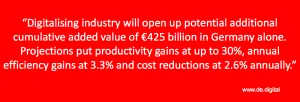
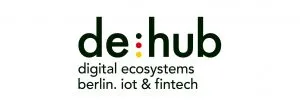
Darina: I think a vivid startup, innovative ecosystem, and mentality are very important for such as hub. And yes, Berlin doesn’t have as strong an industry as compared to other cities e.g. in the south of Germany like Munich and Stuttgart. But, it is the vision of the hub partners to bring innovation to Berlin- because there is talent, it's a wonderful city to live in, low cost of living and there are a lot of international people. It’s like a melting pot with people from different backgrounds contributing to the development of great new ideas.
Berlin is like a melting pot with lot of people from different backgrounds contributing to the development of great new ideas.
YS: The founder of Tech Open Air said Berlin might become the capital of blockchain....
Darina: We are also supporting a blockchain startup. It’s called Eciotify, where we are basically bridging the gap between IoT and blockchain by building a secure ecosystem, secure hardware and communication protocols, and smart contracts. If you look at the blockchain landscape in Berlin there are so many people who landed from Ethidium in Berlin and started building startups here, for instance Sloket and Iota. And if you look at the recent news, you see that they have got much support and money for their future development. Blockchain is booming and growing here and it promises to change the world. Let’s see if that happens!
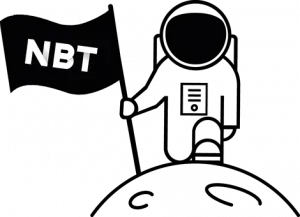
Darina: I saw change one and a half years ago. Now, there is a better understanding of deep tech and more investment in IoT and blockchain as well. Blockchain brings in so much of potential and many amazing opportunities. And deep tech is supported from all sides in a way - it’s pushed from research and pushed from the government. And the investors are interested too, so the deep tech ecosystem is developing fast.
Darina: That’s what we are trying to create with the IoT hub at NBT - a physical platform where people in the IoT space will be working together, networking and collaborating. Such a space is the easiest way to connect. Besides NBT, I think The Factory might be a good place to go to. They are also shifting towards IoT. I also recommend pitching events and investor session on IoT. They could be a good starting point.
We are trying to create with the IoT hub at NBT - a physical platform where people in the IoT space will be working together, networking, and collaborating.
Darina: Last year, I was working on a project by the EU accelerator Climate KIC, supporting two-day events in Bangalore, where the attendees focused on working on business models in the space of sustainable innovation. It was a great experience! I was really inspired by how passionate the people were and how much power they showed to solve problems in India. Since then I am in touch with a couple of people in Bangalore, Delhi and Hyderabad. It is fascinating to see how these ecosystems are developing. I still cannot believe the scale! The IT hubs in Hyderabad for instance- there are 800 startups! Wow, 800 startups! This scale is insane!”
Darina: I think we have to learn from India that you have to solve the problem even if the infrastructure is not in place. It seems to be a great match to bring these ecosystems together and try and understand how they can work together!


